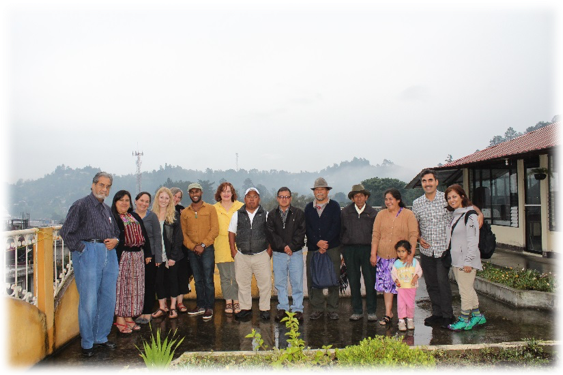Main Focus
Although Indigenous populations, women of childbearing age and children born later in the birth order are at increased risk of malnutrition, there is little understanding of the underlying pathways that lead to these outcomes, nor how to effectively reverse these trends. This project focuses on identifying and developing intervention opportunities to reduce ethnic and gender inequities related to social determinants of health and consequently improve people’s dietary diversity and nutritional status in an economically and environmentally sustainable manner.

Procedure
Specific activities will include mapping the local production and distribution of food, household procurement and use of food, and documenting nutritional health issues with attention to the impact of ethnic and gender relations. We will also seek out and build relationships with community-based farmers’ and women’s organizations to build community capacity for scaling up the project. Our long-term plans involve implementing agricultural activities to scale up diversified, sustainable crop and livestock production among vulnerable small farmers; exploring processing and marketing options; measuring their impact on household income and expenditure patterns, as well as nutritional status.

